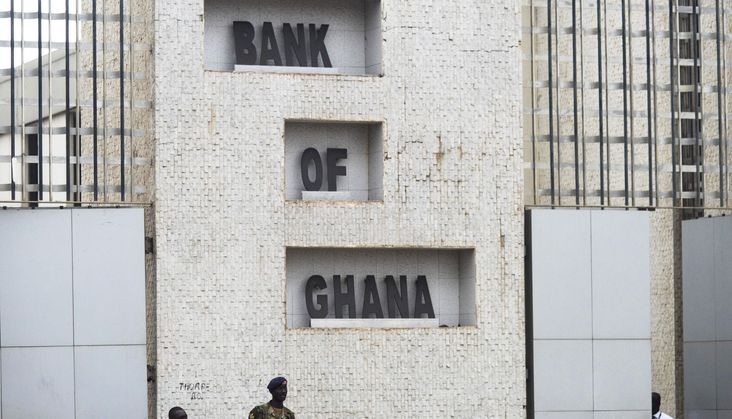In a recent workshop held by the Bank of Ghana (BoG), participants learned that being designated as the next of kin for a bank account does not automatically grant access to the funds should the account holder pass away. Augustine Amoako Donkor, an Assistant Director at the BoG, explained that the term “next of kin” refers to a nominee who serves primarily as a point of contact and not as an inheritor. This nominee is typically someone who knows the account holder well, which is why individuals often choose relatives or close friends for this role. The primary purpose of having a next of kin is to facilitate communication with the bank in the event that the account holder cannot be reached.
The workshop aimed to enhance the understanding of banking operations among journalists in the Ashanti Region, covering a wide range of topics, including microeconomic analysis and monetary policy practices in Ghana. As part of this initiative, 25 journalists received in-depth training from BoG officials, who provided valuable insights into various financial indicators and the current state of the foreign exchange market. The information disseminated during the workshop plays a crucial role in equipping journalists with the knowledge necessary for accurate financial reporting, which in turn can inform and educate the broader public.
Amoako Donkor emphasized that retrieving funds from a deceased person’s account is a separate matter from being named as the next of kin. To gain access to the funds, the named beneficiary in the deceased’s will must go through legal processes to obtain probate from a court. This legal document authorizes the beneficiary to take control of the deceased’s financial assets. If the account holder dies intestate, meaning there was no will, then interested parties must seek Letters of Administration through a court to administer the estate and access the account funds.
The absence of a legal definition for “next of kin” in Ghana adds complexity to this issue. Donkor pointed out that discussions around this concept largely rely on traditional practices rather than codified laws. He indicated that until there is a formal legal framework in place, the customary understanding—which primarily focuses on establishing who can serve as a point of contact—will persist. This lack of legal clarity may create challenges for individuals seeking to clarify their rights and access to deceased persons’ accounts.
Additionally, the workshop tackled the overall implications of effective financial literacy, especially in understanding how banking terms and functions work. By training journalists on topics such as inflation dynamics and monetary policy, the BoG aims to foster a more informed media landscape that can accurately convey financial information to the public. The journalists’ improved understanding of these concepts will empower them to better report on banking issues and financial literacy, ultimately benefiting consumers who rely on accurate information for their personal finances.
In conclusion, the distinction between a next of kin and an account beneficiary is crucial for individuals navigating the complexities of bank accounts after a loved one’s death. While the next of kin serves as a key point of contact for the bank, only those named in a will or appointed through legal processes can truly access the funds of the deceased. The BoG’s efforts to educate media professionals on these topics spotlight the need for increased financial literacy and a potential reevaluation of the legal definitions surrounding the next of kin concept. As Ghana moves forward, educators and legal professionals must work together to clarify these issues and protect the rights of individuals as they navigate these sensitive situations.


